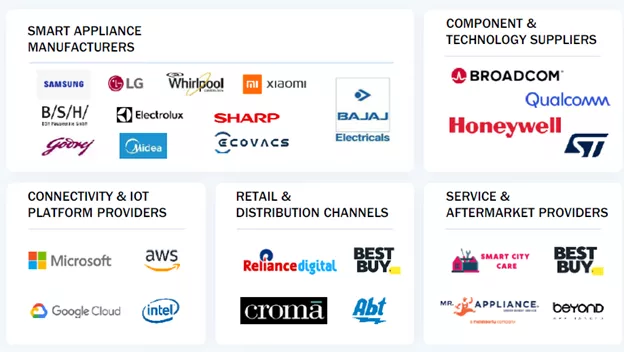The global AI infrastructure market is projected to grow from USD 28.7 billion in 2022 to USD 96.6 billion by 2027, at a CAGR of 27.5% during the forecast period from 2022 to 2027.
CPUs are used for serial computing in data centers to track a series of memory locations where instructions and data are stored. A processor makes computations serially by analyzing the instructions and data at the memory addresses. In serial computation, computational steps are sequential and logical. In other words, a single task at a data center is divided into a series of separate instruction sets, executed serially by a processor. This typically leads to latency problems in data centers, especially during AI-based computations wherein data and instruction sets are huge in numbers.
Download PDF:
https://www.marketsandmarkets.com/pdfdownloadNew.asp?id=38254348
Moore's law states that the number of transistors per square inch on integrated circuits will double about every 18 months until at least 2020. In April 2015, Intel Corporation stated that it could sustain Moore's law for another few years by developing 7 nm and 5 nm fabrication technologies. However, moving forward, it would be challenging to further reduce the size of processors; doing so would also reduce the space between electrons and holes, which will create problems such as current leakage and overheating in ICs. These problems would lead to slower performance, higher power consumption by ICs, and a further reduction in durability. Thus, the need to find an alternate way to increase the computational power of chips has fuelled the development of accelerators or co-processor chips, which are critical elements of AI infrastructure.
AI has several applications in the healthcare industry. However, the adoption of AI in the industry is restricted to an extent owing to data privacy concerns. Patients' health data is protected under federal laws in many countries, and any breach or failure to maintain its integrity can result in legal and financial penalties. As AI used for patient care requires access to multiple health datasets, it is essential for AI-based tools to adhere to all data security protocols mandated by governments and regulatory authorities. This is a challenging task as most AI platforms are consolidated and require extensive computing power, owing to which, patient data or parts of it can be required to reside in a vendor's data center. This is a major challenge in the market.
India is one of the world's fastest-growing economies, with a huge interest in AI's worldwide development. The Indian government recognizes the potential and is taking all necessary steps to steer the country and place it among the leaders in AI. Despite the favorable ecosystem, the government is trying to overcome to achieve rapid progress in AI. Similarly, the Chinese government is speeding up the construction of new infrastructure projects such as 5G networks and data centers, bolstering information services for the expanding market. Also, the government announced the establishment of the Next Generation Artificial Intelligence Development Plan, which promises policy support, central coordination, and investments of more than USD 150 billion by 2030.

No comments:
Post a Comment